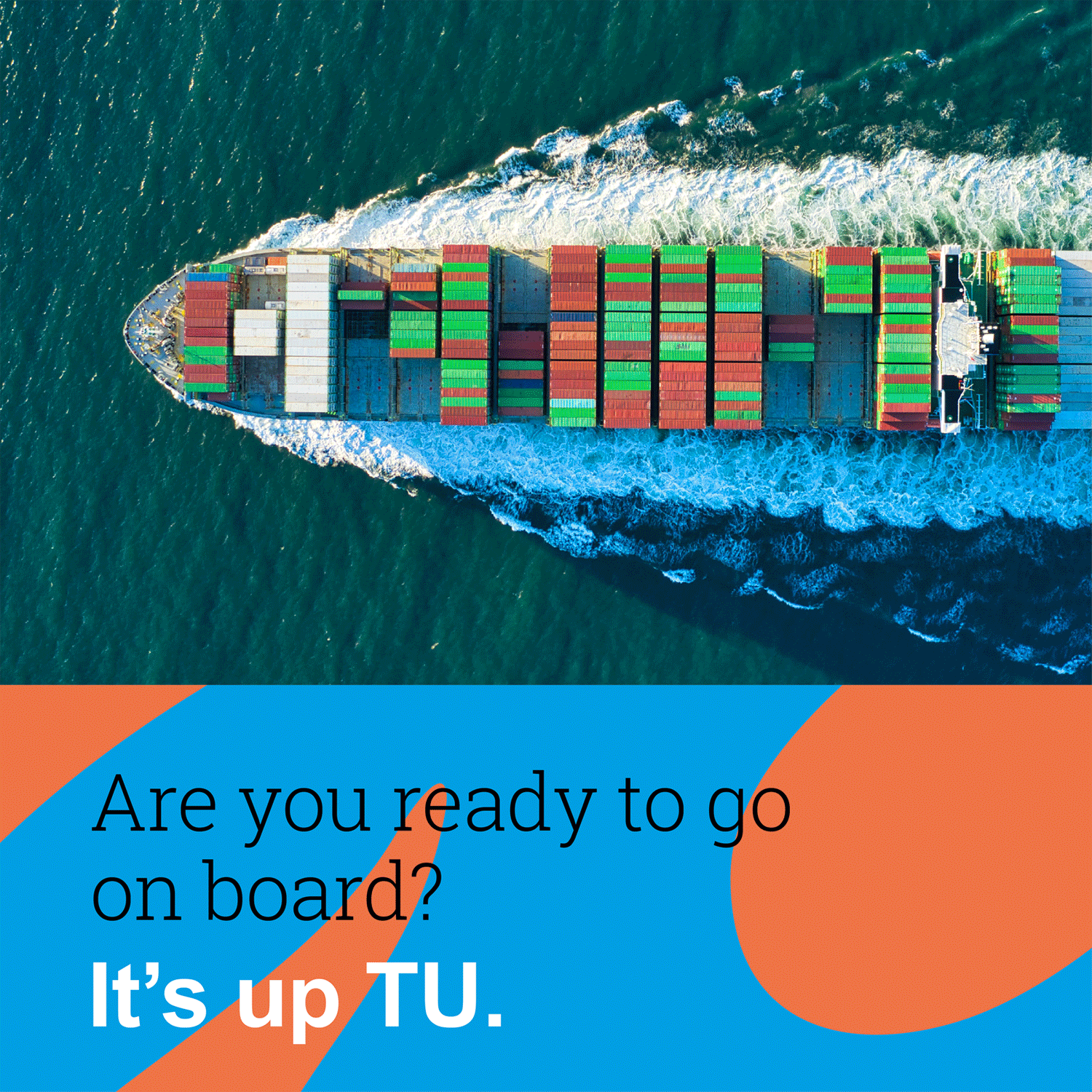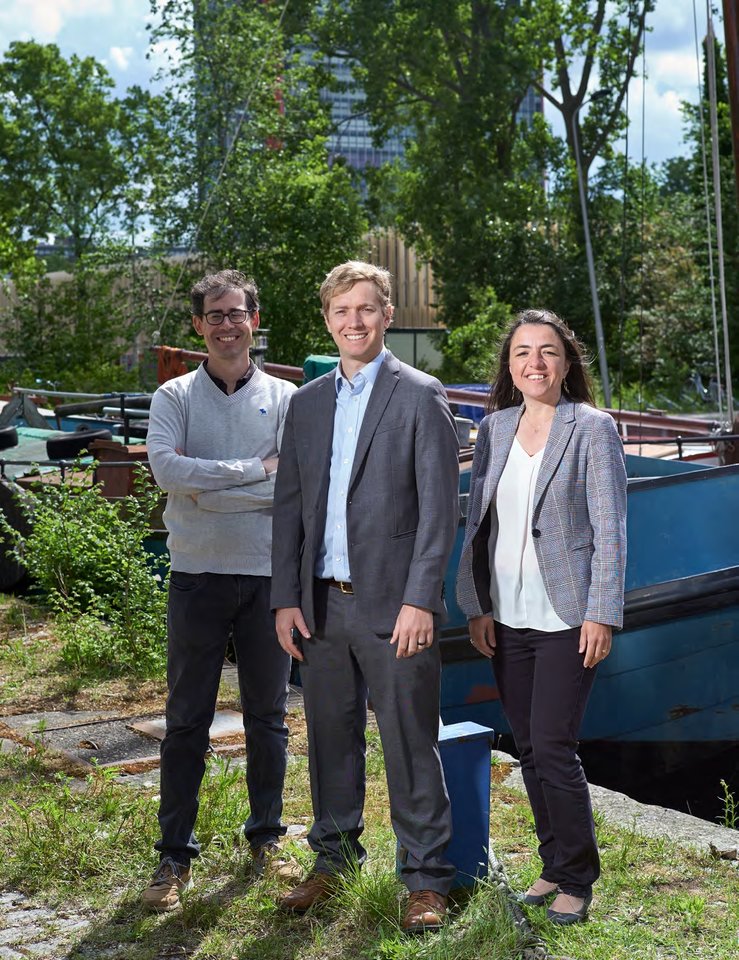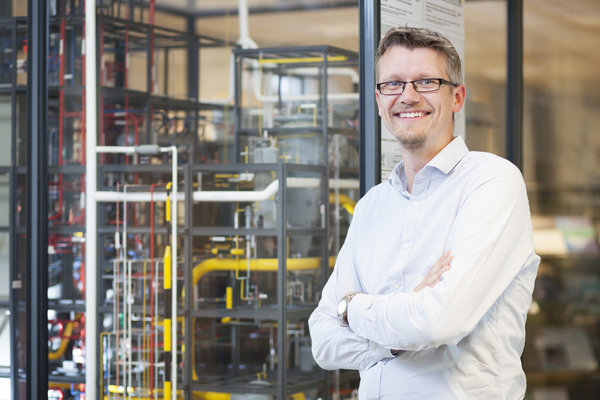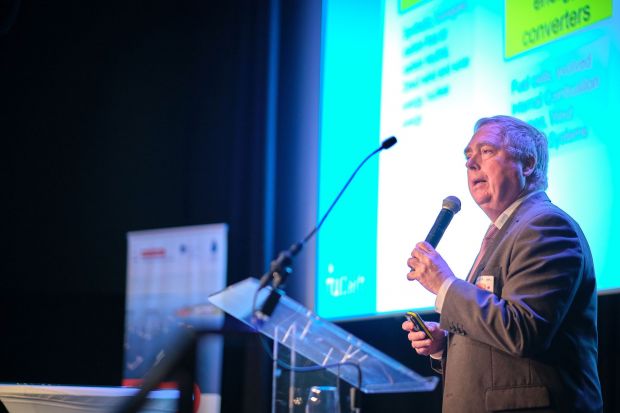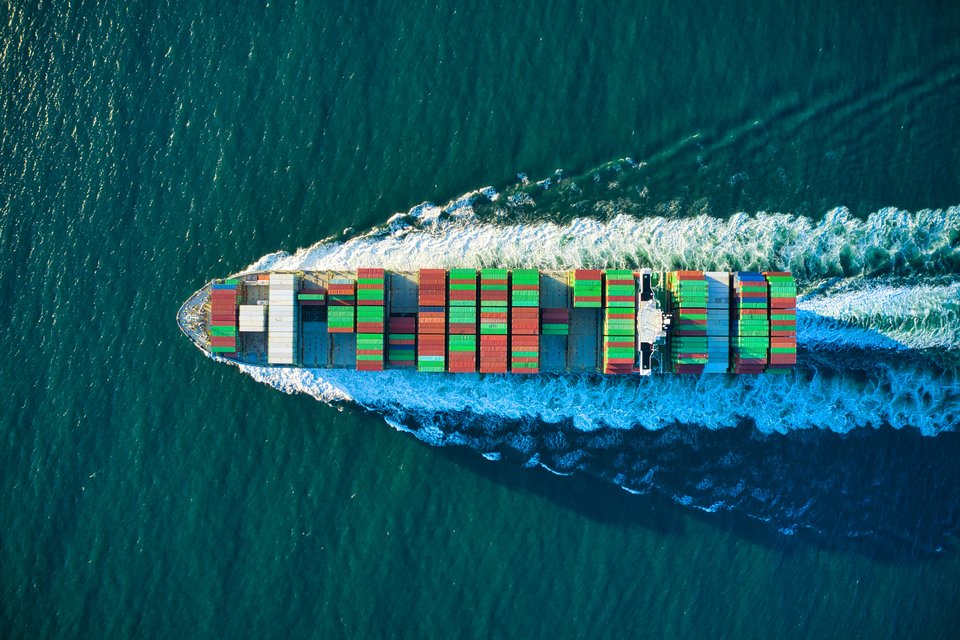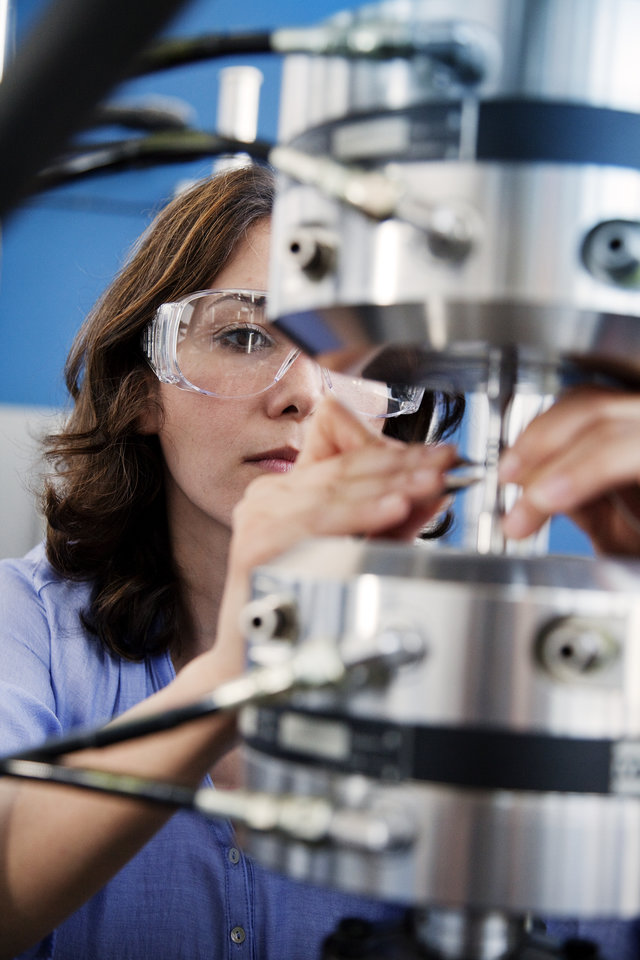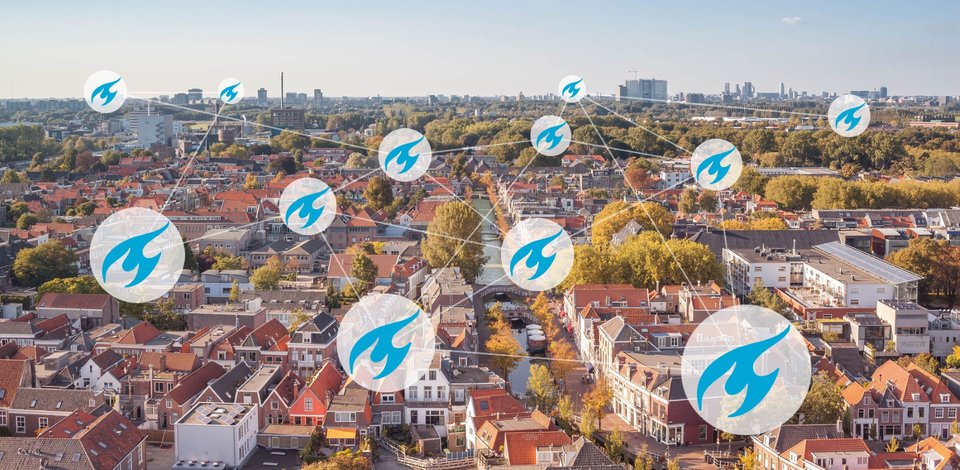Do you want to contribute to the energy transition in the maritime sector with leading companies and institutes?
The energy transition is one of the big challenges of this century, because it means a transition from fossil fuels to renewable energy. In many sectors, that implies electrification: using energy from the electric power system and using batteries for energy storage. Most ships cannot be connected to the electric power system, and they need such large amounts of energy that batteries are not sufficient. Therefore, other methods to store renewable energy are investigated, such as hydrogen, methanol, and ammonia.
At TU Delft, we are initiating different projects to investigate the impact of new legislation on vessel design and more specifically the power and energy systems on board of ships. This includes combustion engines running on renewable fuels, fuel cells, DC electric energy distribution systems, energy storage, batteries, degradation and reliability of the system and its components, energy management and power system control. This research is carried out in collaborations with other universities (UvA, TU/e, UTwente, NLDA), knowledge institutes (MARIN, TNO) and the main players in the maritime industry.
In November 2021, the MENENS and SH2IPDRIVE project obtained funding for investigating methanol and hydrogen as renewable fuels, and 16 PhD candidates have started. These researchers have started their research working closely together with shipping companies such as van Oord, Boskalis, Fugro and Wagenborg, system integrators, such as RH Marine, Bakker Sliedrecht, Koedood and Praxis, shipyards such as Damen and IHC and component suppliers, such as Wartsila and Nedstack, and EST-Floattech. In this research and the future projects, we use exciting facilities such as test engines in the laboratories of Wartsila, TNO Helmond and the Netherlands Defence Academy, the Zero-emission laboratory at Marin, and new fuel cell and DC power system laboratory facilities at TU Delft.
Now, we are expanding our team because several other projects have obtained funding:
- Survivable DC systems for ships on reliable DC power distribution systems,
- AmmoniaDrive on ammonia as a renewable fuel,
- PATH2ZERO on the transition path to zero-emission shipping,
- Maritime Batteries on batteries for the maritime sector,
- SEANERGETIC on the use of data driven condition monitoring and data driven control of the power and energy systems.
If you want to contribute to the energy transition in the maritime sector, apply to one of the PhD positions below!

